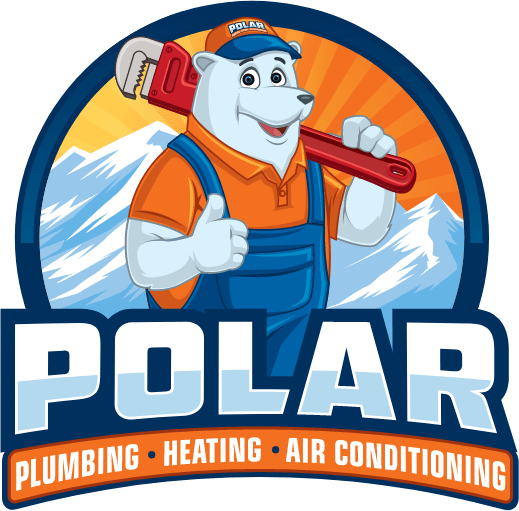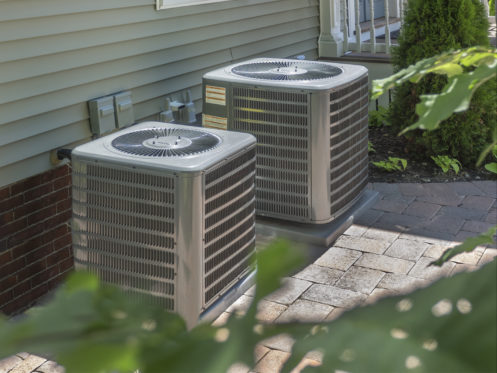Homeowners insurance is a type of insurance that helps protect your home and belongings in the event of damage or destruction. It can cover repairs, replacement costs, and legal fees should someone sue you. It is also important to state that this policy covers sudden and unexpected water damage that may result from plumbing leaks or household appliances and systems. This means that if your house suddenly floods from leakage, the home-insurance policy will aid you in repairing walls, floors, or any broken objects.
Like any other insurance policy, home insurance will not cover various types of plumbing issues that may result from preventable water damage like gradual leaks from pipes. There are various types of coverage under a home insurance policy, but some of the most common are discussed below.
Dwelling coverage
Dwelling coverage is the segment of your home insurance policy that covers the structure of your home in the event of a covered plumbing loss. This includes coverage for the physical structure of your home, as well as any attached structures, like a garage or deck.
Dwelling coverage also includes protection for any permanently installed systems, like your plumbing, electrical, and heating/cooling units. For example, if your walls, ceiling, or flooring is damaged by a covered leak such as a burst pipe, your dwelling coverage would help pay to repair or rebuild your home. If you have a deck attached to your home and it is damaged in a storm, your dwelling coverage would also help pay to repair or replace it.
Personal Property Coverage
Personal property coverage in home insurance protects your belongings in the event that they are damaged or stolen. The coverage amount you will pay depends on your policy, but it will typically cover your belonging’s replacement cost.
Other Structures Coverage
This coverage encompasses structures other than the main house. You will be fully covered if you have a detached garage or shed from the main house and a plumbing accident occurs.
Loss of Use Coverage/Additional Living Expenses
There are a few cases where your home insurance policy will not cover the cost of additional living expenses due to water damage. If you have a policy with a low limit on the “loss of use” coverage, it probably won’t cover something like plumbing.
Water Damage Results in Higher Premiums
Water damage insurance results in higher insurance premiums because it is a high-risk coverage area. Water damage is one of the most common and costly types of home insurance claims, and insurers must account for this when setting rates. Many factors can contribute to water damage, including severe weather, faulty plumbing, and leaks. While it does up the premium, this coverage can be vital for protecting your home from potential water damage.
Negligence or Lack of Maintenance
This scenario is considered preventable. It is, therefore, your responsibility as a homeowner to ensure that the pipes and plumbing equipment are well maintained. It is always essential to hire professionals that will provide high-quality services for your home. This will ensure the pipes are well maintained.
Natural Causes
Some insurance providers may choose to reimburse you if there is plumbing damage from acts of nature. However, some providers will not. It is crucial to get additional information from your provider to know whether they will reimburse you if nature strikes and destroys your plumbing structures. If your provider does not cover damage caused by nature, it is important to consider other options such as taking additional home insurance coverage. An example of this would be coverage like flood insurance.
Faulty Appliances
After you file your claim with an insurance provider, they will investigate whether faulty appliances caused the damage. If they determine this was the case, you may not be compensated for any damage. Insurance companies will see it as your responsibility to make sure there is no faulty equipment that may cause damage to your home.
Outdated Steel Plumbing
Polybutylene and galvanized steel are materials that were widely used as supply piping in homes throughout much of the 20th century. However, these materials are hazardous. In research carried out by manufacturers, they determined that chemicals such as chlorine cause the pipes to become brittle. Ultimately, the homeowner will experience plumbing leaks and burst pipes. Therefore, it is important to use modern materials and a trusted company when laying pipes in a house. Prevention is always better than cure.
What to Do If You Were Not Aware of a Plumbing Problem
Many insurance companies have exclusions in their policies designed to protect them. This policy does not protect you against signs of water damage that remain hidden or if you are not at home during the leak. With that being said, pick a policy that provides optional coverage for such cases to cover repair costs. Insurance companies will not consider your unawareness as an acceptable reason to cover the damage.
Tips to Prevent Pipes From Breaking
Check for leaks and repair them promptly. This is key to a minor issue escalating into a major issue. Avoid using harsh chemicals and cleaning agents that could potentially erode your pipes. Insulate your pipes to protect them from extreme temperatures, which can weaken them over time. Support your pipes properly so they don’t sag or become damaged over time. Have a professional plumber inspect your pipes regularly to check for potential problems. The plumber will identify potential problems before they become serious.
How to Protect Your Home From Water Damage
Some additional tips for protecting your home from plumbing leaks include draining your water heaters several times each year to reduce sediment buildup. You should also know the location of the main shut-off valves if you just moved to a new house. Buy high-quality plungers to clear clogs, and always have plumber’s tape to help with common indoor plumbing projects. Hire a plumber to inspect the plumbing or repair a leak and keep the receipts for insurance reference! Another thing you can do is install a sensor leak detector. They transmit instant notifications to the homeowner when a water leak has been detected, thus preventing severe damage.
What to Do If You Discover a Plumbing Leak
Stop the water flow. This can be achieved by identifying the source and tightening the connector or turning off the water connection completely. Then take a photo to file your claim. Proceed to turn the electricity off to avoid any potential electrocution or damage to wiring.
Contact the Plumbing Professionals
The team at Polar Plumbing, Heating & Air Conditioning is competent in repairing leaks and other plumbing issues. We also offer an annual membership to help maintain your plumbing system. We are a BBB-accredited business that proudly serves Newburgh, NY and surrounding areas. Other services we offer at Polar Plumbing, Heating & Air Conditioning include heating and cooling installation, repair, and maintenance. Lastly, we also offer free estimates and promise to deliver quality services that will leave you satisfied. Contact us today for more inquiries!

